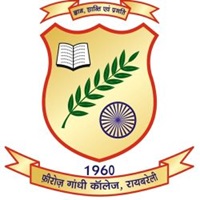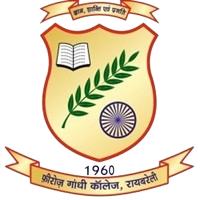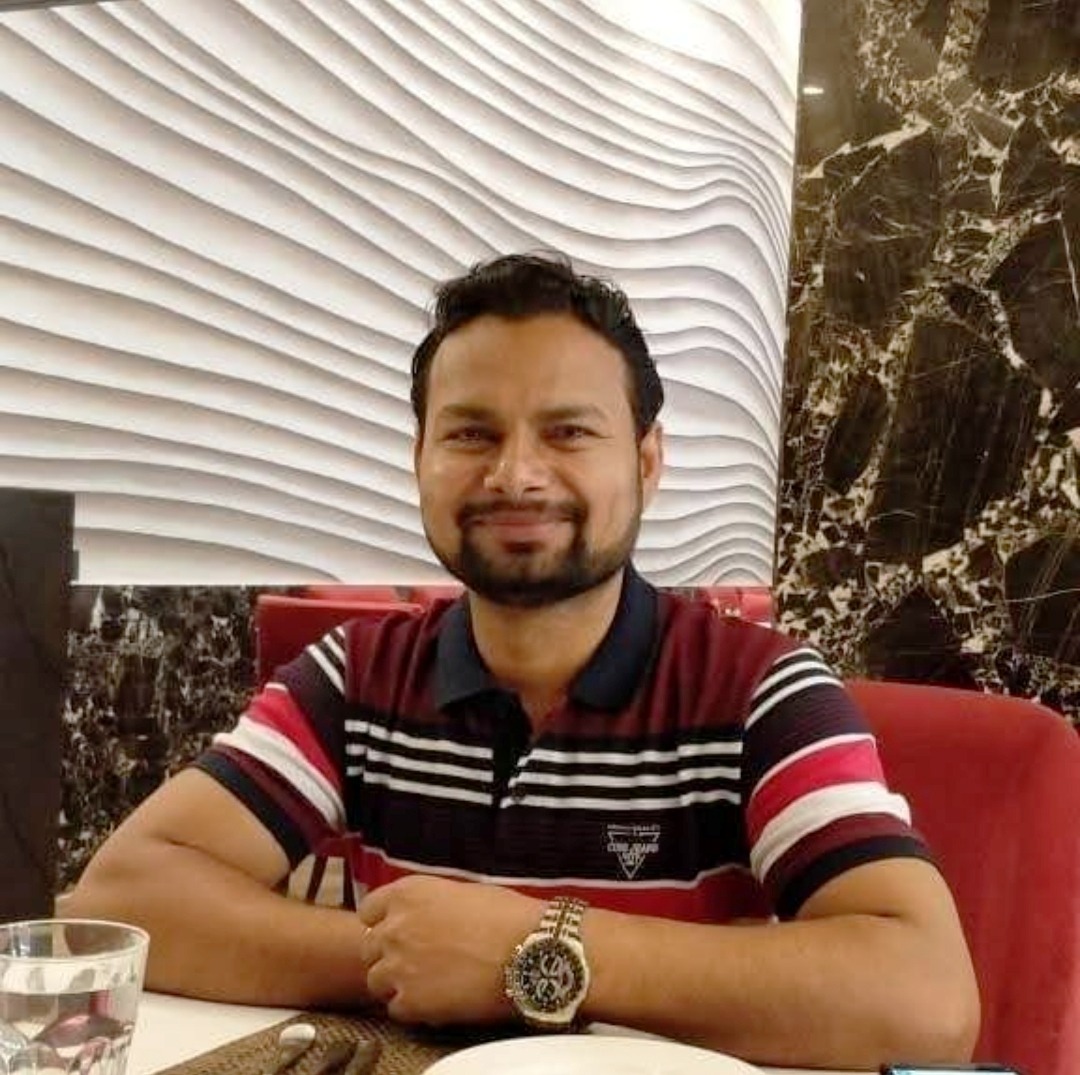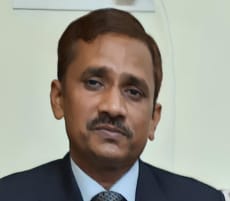
"I do not know what I may appear to the world, but to myself I seem to have been only like a boy playing on the sea-shore, and diverting myself in now and then finding a smoother pebble or a prettier shell than ordinary, whilst the great ocean of truth lay all undiscovered before me.”
--(Isaac Newton)
About Ongoing Projects
1. Research Project grant awarded to Dr. Puneet Gupta, Assistant Professor, Department of Chemistry, Feroze Gandhi College, Rae Bareli.
Dr. Puneet Gupta, Assistant Professor, Department of Chemistry, Feroze Gandhi College, Rae Bareli has been awarded a Research Project grant of Rs.2,50,000/- in Chemistry by the U.P. State Higher Education Council to support his research study entitled “Mechanistic study of Ruthenium (III) promoted oxidation of some aldoses and amino acids by bromate in aqueous alkaline medium”.
A brief introduction of the proposed research study:
Recently considerable attention has been focused on the transition metal catalyzed reactions due to their involvement in many important industrial process such as hydrogenation, carbonylation reactions and low pressure polymerization of ethylene and propene. Ruthenium which belong to group VIII forms variety of complexes with different oxidation states ranging from -2 to +8 but +3, +4, +8 oxidation states of Ruthenium are more stable than other oxidation states of metal. Carbohydrates are the most abundant class of organic compounds found in living organisms. Various oxidation products of the redox reactions having reducing sugars as reductant are reported to have industrial and biological significance. Many reports are available in the recent literature on the kinetics of oxidation of amino acids by a variety of metals and non metal oxidant. However potassium bromate, which is found to smoothly oxidize a number of amino acids in acidic medium has not been used as an oxidant in alkaline medium. Potassium bromate has been earlier used as an oxidant in oxidation of various compounds both in acidic and alkaline media. The utility of Ruthenium(III) chloride as a non-toxic and homogeneous catalyst has been reported by several workers. This fact inspired Dr. Puneet Gupta to undertake the present research study.
In the proposed investigation, the catalytic role of Ru(III) chloride with Potassium bromate as an oxidant would be studied for some aldoses and amino acids in aqueous alkaline medium in the temperature range of 30-50 °C. This would be done by iodometric estimation of unconsumed bromate at regular intervals of time. The kinetic data thus obtained would help in knowing the path along with the reaction proceeds.
2. Major Research Project awarded to Prof. Udai Bhan Singh, Professor and In- charge/Head, Department of Sociology by the ICSSR- 19.08.2025
Prof. Udai Bhan Singh, Professor and Head, Department of Sociology, Feroze Gandhi College, Rae Bareli (Project Director) and five other faculty members/social scientists/domain experts representing different institutions or organisations including Dr. Animesh Rai, V.V. Giri Institute of Development Studies, Lucknow (Project Director & Coordinator), Prof. Harsh Kumar Sharma, Director, V.V. Giri Institute of Development Studies, Lucknow (Project Director), Dr. Nagendra Kumar Maurya, Department of Economics, University of Lucknow (Project Director), Dr. Sushma Mishra, Department of Sociology, University of Lucknow Project Director), Mr. Devendra Gandhi, Samarth NGO, Hamirpur (External Consultant) and Mr. Manish Kumar Singh, Sahbhagi NGO, Lucknow (External Consultant) have successfully obtained the award of Research Project from the Indian Council of Social Science Research (ICSSR) under the category of ‘ICSSR Longitudinal Studies in Social and Human Sciences’ with a total research project grant of Rs.1.20 crore to support their proposed research study entitled “Panchayat Governance and Gender Equity: A Longitudinal Study of Aspirational and Non-Aspirational Districts of Uttar Pradesh”.
The proposed study would cover the entire State of Uttar Pradesh- the most populous State of the country that exhibits wide variation in social, economic and political scenarios across its major economic and geographical regions: Eastern, Western, Central and Bundelkhand. Strikingly, it is these variations that virtually produce differences in the final social outcomes in the form of differences in local governance, leadership styles, equity and participation of men and women at the grassroots level. Hence, in order to illustrate and elaborate on these variations in terms of causes and causalities, the proposed study will specifically concentrate on all the four major geo- economic regions of UP and conduct the primary survey based research study.
The 73rd Constitutional Amendment Act, 1992, which mandated the reservation of one third of seats in Panchayati Raj Institutions (PRIs) for women, proved to be the watershed year in India’s progress towards the goal of democratic decentralisation. This defining reform aimed to ensure political empowerment of women at the grassroots level by improving local governance and fostering gender equity. Notably, the goal of local governance has further been fortified by Hon’ble Prime Minister’s vision of bringing about transformational changes through in less developed areas through the ambitious of ‘Aspirational Districts Programme’ (ADP) launched in 112 backward Districts across the country in 2018. The ADP aims to improve the overall quality of human wellbeing through interventions in five key areas: (a) health and nutrition (b) education (c) agriculture and water resources (d) financial inclusion and skill development and (e) infrastructure.
This proposed study will be carried out by trained technical personnel under the monitoring of Project Directors over a period of tye next four years. Using the mixed method and repeated observations of the same set of sample population under the study, the main focus will be on (1) unveiling the trajectories, challenges and ground realities of elected women representatives (EWRs) (2) comparing men led and women led Panchayats on developmental scale and (3) making a comparison and contrast between aspirational and non- aspirational Districts on the given parameters.









